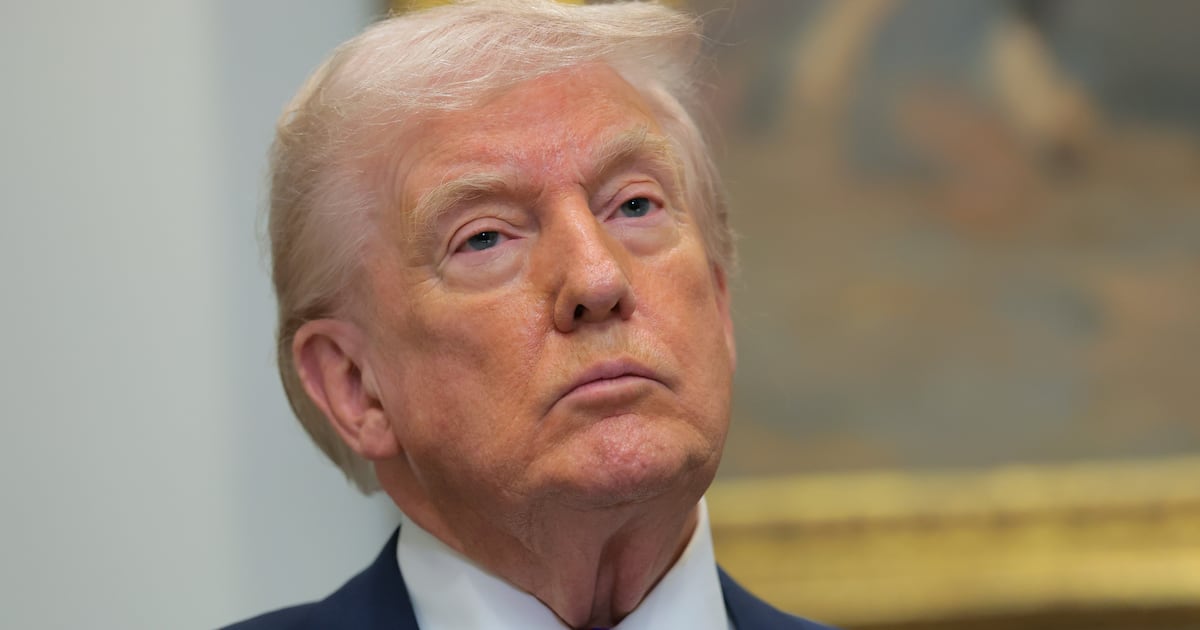LONDON — Britain has leap-frogged the U.S. as the world’s leading proponent of targeted drone strikes against its own citizens.
Anwar al-Awlaki, a notorious al Qaeda recruiter, remains the only American to have been deliberately targeted and killed by a U.S. drone strike. In three days this summer, Britain authorized the killing of two of its citizens, while a third was caught up in one of the explosions.
Britain’s secretary of state for defense said Tuesday that teams “would not hesitate” to strike against a list of additional British terror suspects who have traveled to Iraq and Syria to fight for the so-called Islamic State.
Prime Minister David Cameron told the House of Commons that he acted in self-defense because British jihadis were orchestrating attacks on home soil, but his abrupt policy change makes Britain markedly more aggressive than President Barack Obama, who only resorted to the targeted killing of one of his own citizens when the man in question was one of al Qaeda’s most influential figures.
A baby-faced Briton struck down by the Royal Air Force Reaper drone was not thought to have been a senior figure within ISIS. The 21-year-old Reyaad Khan from Wales, who once dreamed of becoming Britain’s first Asian prime minister, seemed to be more of a poster boy than an ISIS strategist, appearing in a recruitment video and posting propaganda on Twitter.
Another British jihadi, Junaid Hussain, also 21, was killed a few days later in a joint operation with the U.S. Intelligence officials say he was the head of the CyberCaliphate, a hacking group that compromised the Pentagon’s Twitter account this year.
An undercover reporter for The Sun claimed that Hussain tried to recruit him and described upcoming bombings in London. The British government later claimed it had foiled the attacks, which included a plot to target Queen Elizabeth II.
Cameron says the two young men posed a “clear and present danger” to Britain, but his former attorney general, who stepped down last year, said he expected a lawsuit under human-rights legislation to be filed against the government. “It’s a very draconian thing to do. I strongly suspect it will lead to a legal challenge,“ he said.
Under pressure from the opposition Labour Party, Cameron has refused to expand on the legal case for the strikes. He said there had been plots against Britain over the summer linked to the terror suspects but, under international law, there must be an ongoing, imminent threat to justify the killings.
The killing of Khan caused particular consternation in London as it was the first British military strike inside Syria. In 2013, Cameron suffered a shock defeat in Parliament when he asked for permission to carry out airstrikes in Syria, making him the first British prime minister to lose a vote on waging war since 1782.
He said at the time: “It is clear to me that the British Parliament, reflecting the views of the British people, does not want to see British military action. I get that and the government will act accordingly.”
Britain’s sudden withdrawal from coalition plans to strike targets inside Syria disrupted Obama’s strategy to force out President Bashar al-Assad. In October 2014, Britain agreed to join U.S. airstrikes against ISIS, but only against targets in Iraq.
Drone Wars UK, a campaign group that monitors Britain’s use of unmanned aerial vehicles, obtained military records that show a sudden upturn in British drones flying over Syria, rather than Iraq. At the start of the year, U.K. Reaper missions were largely flying over Iraq, by a ratio of 9:1; by July that had changed radically and 40 percent of flights were over Syrian territory.
Michael Clarke, the director-general of the Royal United Services Institute, said the British government seemed to be trying to bounce the country into joining airstrikes in Syria by the backdoor. “It now looks as if it has decided to create a momentum to action that might be unstoppable,” he said.
Britain’s own “kill list” was confirmed Tuesday by Michael Fallon, the secretary of state for defense. He said several British citizens were “actively involved in planning attacks on our streets… planning attacks on the streets of Australia and on the streets of the United States.”
Chris Cole, the head of Drone Wars UK, said the British government had given no indication that it would suddenly adopt a policy of targeted killings. “I’m stunned by this action,” he told The Daily Beast.
“Time and time again, U.K. government ministers, defense officials and military officers have distanced themselves from the type of drone-targeted killings that we have seen the U.S. undertake over the past decade. They have insisted to us many times that it’s something that they simply would not do. Yet here we have exactly the same type of assassination by the state without trial.”






